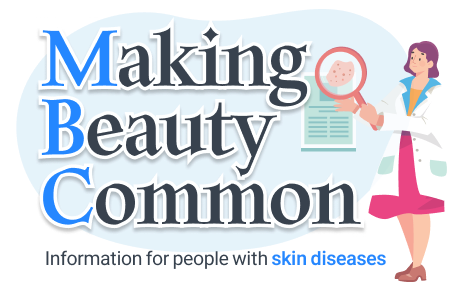Is Your Skincare Routine Increasing the Risk of Skin Cancer?
With the rising temperatures and increasing awareness of skincare practices, concerns about the potential risks linked to skincare routines have emerged. One significant worry is whether our daily rituals and the products we use might inadvertently increase our risk of skin cancer. Let's delve into this issue, examining both expert opinions and the scientific data available.
Understanding Skin Cancer and Its Causes
Skin cancer is a condition that arises primarily from frequent exposure to harmful ultraviolet (UV) rays. These rays can inflict damage at the cellular level, affecting the DNA within skin cells and leading to abnormal cell growth. Over the years, rising global temperatures and more intense summer heatwaves have heightened the risk of skin cancer. Despite its prevalence, skin cancer is among the most preventable types of cancer, provided appropriate measures are taken.
Aside from UV exposure, other factors contribute to the risk of developing skin cancer. These include genetic predispositions—such as a family history of skin cancer—and immunological factors, where a weak immune system may escalate vulnerability. Increasing awareness, education, and early detection play vital roles in reducing the incidences of this disease.
The Role of Skincare Products
Amidst the current penchant for advanced skincare routines, partly inspired by the international beauty industry and trends such as the Korean "glass skin" phenomenon, the question arises: could these skincare practices be contributing to skin cancer risk? According to Dr. Asmita Dhekne Chebbi, a dermatology expert, the correlation between skincare products and skin cancer is still largely unexplored.
Many dermatologists advocate for the use of sunscreens, serums, and various beauty products as preventative measures against skin cancer. These products are formulated with chemicals designed to shield the skin from UV radiation, thus lowering cancer risk. Despite their popularity, some concerns linger regarding the long-term health impacts of everyday product use.
Health Concerns Related to Skincare Ingredients
Not all skincare products are created equal, and some contain ingredients that warrant caution. Products manufactured internationally might not suit all skin types, particularly those tailored to specific regions, like products formulated for American or European consumers that might not align well with Indian skin characteristics.
For instance, preservatives like parabens, prevalent in certain American skincare products, have been linked to hormone-related disruptions. These can potentially lead to cancers such as breast cancer. On the other hand, chemical agents like benzene, formerly prevalent in some US-based products, have been associated with diseases such as leukemia.
Among the debated ingredients is oxybenzone, commonly found in sunscreens. Although essential for UV protection, oxybenzone has faced scrutiny for possibly triggering other health issues. This highlights the importance of being informed about product composition to make educated choices about what we apply to our skin.
Navigating Safe Skincare Practices
While definitive connections between skincare routines and skin cancer remain elusive, it’s crucial to exercise caution regarding product use. Selecting skincare options with health-friendly ingredients can mitigate potential risks.
To manage skin cancer risk while maintaining a skincare regimen, prioritize the following:
-
Sunscreen: Opt for sunscreens with an SPF of 30 or higher to protect against UV rays, ensuring the product suits your skin type and understanding any potential side effects.
-
Ingredient Awareness: Investigate the components of the products you use, notably their potential long-term health effects. If uncertain, consult dermatologists for tailored advice.
-
Product Suitability: Preferably choose skincare products designed for your specific skin type and environmental conditions to minimize adverse reactions.
By balancing comprehensive knowledge and cautious selection, you can enjoy your skincare regimen while safeguarding against potential health risks it might pose. The pathway to healthy skin shouldn't inadvertently lead to health concerns, making it imperative to keep informed and select protective measures wisely.
Ensuring a healthy skincare routine involves more than just product application; it embodies making informed choices that suit individual needs and mitigate risks. Always remember that staying educated on skincare ingredients and consulting medical professionals when in doubt can provide safe and effective skin health management.
출처 : Original Source

